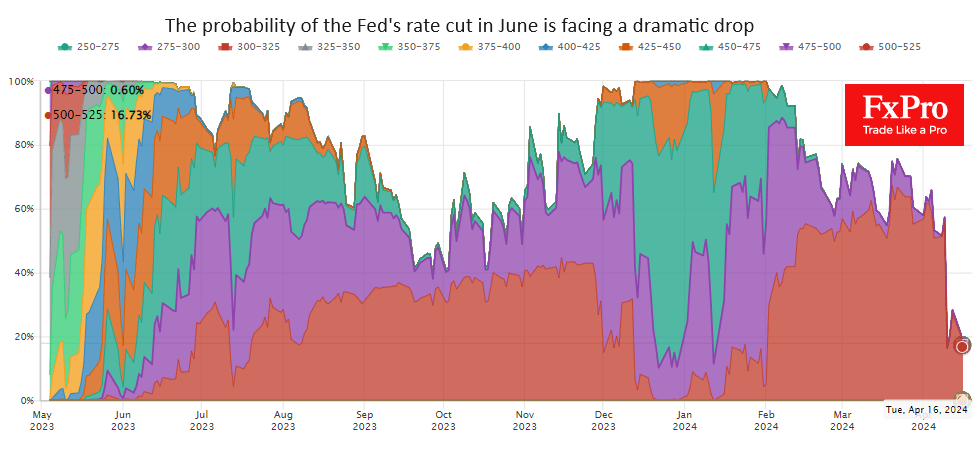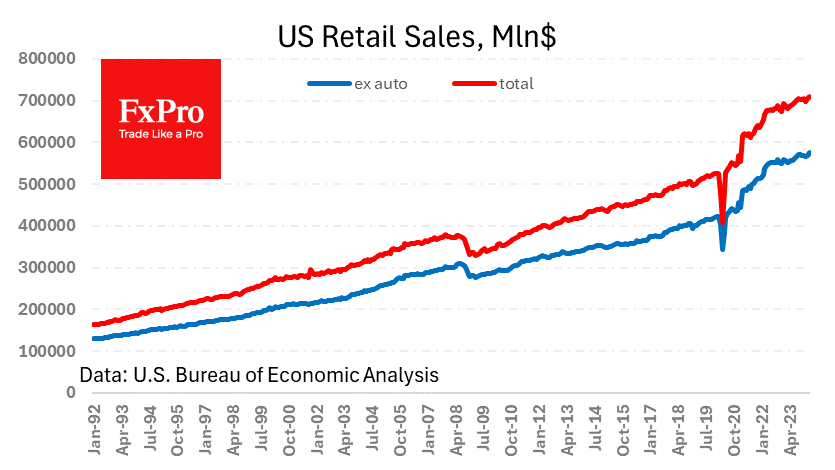China wants to open up its financial markets to foreigners — but it’s a long road ahead
January 13, 2021 @ 10:01 +03:00
Financial institutions are betting on more business opportunities in China’s finance industry, which Beijing is eager to crack open — even if analysts say major changes are a long way off. Regardless of the coronavirus pandemic or geopolitical tensions, Chinese authorities have stuck to plans to increase the ability of foreigners to participate in the local financial market. Beijing would like more foreign capital to come into the country and boost international use of its currency, known as the yuan or renminbi. As China is set to grow into the world’s largest economy, foreign investors are keen to capture a share of that growth.
Some of the most recent developments in the industry are in the Chinese futures market. Investors can trade futures contracts as a way to bet on upcoming price changes, or guard against losses. “As China introduces more international (futures) contracts such as the recent copper contract from (the Shanghai International Energy Exchange), we have been getting a vast amount of interest from our existing clients, especially from Europe some from the U.S. as well,” said Rick Chang, general manage for Greater China at U.S.-based financial data and trading software company, CQG.
The interest in copper means the commodity “has a huge potential of being a key benchmark to the market globally and regionally,” Chang said. In November, copper became the latest Chinese futures contract available for trading by overseas investors via the Shanghai International Energy Exchange, or INE.
The Chinese crude oil contract that launched less than three years ago is now the third-most traded in the world for the commodity, albeit far below that of international benchmark Brent crude, and U.S. crude oil futures, WTI. While China is the world’s largest consumer of many major commodities, its closed financial markets have meant that prices for products ranging from iron ore to copper are set by futures contracts traded in Chicago and London.
In another step toward making the local financial market more accessible to foreigners, authorities added futures and other products in November to an investment channel that allows overseas capital into China. Known as the Qualified Foreign Institutional Investor (QFII) program, the channel previously limited foreigners to mainland-traded stocks.
China wants to open up its financial markets to foreigners — but it’s a long road ahead, CNBC, Jan 13








